Immortals CEO Noah Whinston is excited to see what his newest Counter-Strike team can do, especially now that they’re branded as Made in Brazil (MIBR).
Last weekend, Immortals announced that it had picked up the illustrious SK Gaming roster, along with two new sponsors, Tinder and Betway. Former SK players Marcelo “coldzera” David, Gabriel “FalleN” Toledo, Fernando “fer” Alvarenga, Ricardo “boltz” Prass, and Jake “Stewie2k” Yip will represent the MIBR brand—an organization that once was home to Brazilian legends in Counter-Strike 1.6.
The move was huge for the Immortals organization. It signed the most successful core CS:GO roster in 2017—a team that won eight international titles—and the transition definitely wasn’t a well-kept secret.
During the ELEAGUE Boston Major in January, it was reported that SK’s roster would be signing with Immortals in the coming months. Those reports eventually were proven true as the Brazilian-majority team slowly broke away from their SK colors, both on the servers and off. Some players chose not to wear SK jerseys at some events like StarSeries Season Five, while some even resorted to branding themselves in Immortals skins in the form of stickers and graffiti sprays while still with the SK organization. This tension between the players and organization was kept behind the scenes up until the SK players moved on to Immortals.
Now the players will be competing under the MIBR brand, where they’ll be playing for more than just an organization. The players will represent the country of Brazil, whose passion for esports is almost unparalleled, according to Whinston.
Related: Immortals pick up SK Gaming players, add Tinder and Betway as sponsors for MIBR
Prior to Immortals’ formal announcement, Dot Esports spoke with Noah Whinston about MIBR, the new CS:GO lineup, and the potential influence of Immortals in Brazil and around the world.
You’ve been involved in Brazilian Counter-Strike since Immortals joined the CS:GO scene in 2016, what is it about BR CS that intrigues you? Why not pick up a European team?
Noah Whinston: I mean I think it’s impossible to ignore the intense passion and huge fan base not only in all FPS but particularly in [Counter-Strike] here in Brazil. That’s partially due to the history of organizations like MIBR that have represented Brazilians well from an international competitions perspective in FPS games for a very long time. But beyond the fanbase, I think Brazil is also in a really interesting position in terms of its stage of development in esports. I think, if you ask a lot of people, they say that the Brazilian esports scene is behind that of North America or Europe, but in many ways I actually feel the opposite.
In Brazil, esports is closer to the mainstream than any other country because of the celebrities like [national football star] Neymar [and] the institutions like [Brazilian TV Network] Globo that are investing in esports, that are fans of esports, and that are propelling esports to a bigger and bigger stage. One of the reasons we wanted to bring back MIBR with this roster in particular is because we can be a part of a social movement here in Brazil, and really create a new model not just in Brazil but for the rest of the world, in what the future looks like for esports as reaches levels of mainstream acceptance.
Why did you want to acquire MIBR in the first place? Are there any specifics you’d like to talk about that isn’t already known?
We knew that we were going to work in Brazil again, particularly with this team. I think, from an organizational philosophy perspective, we’re not on the same page with other organizations in terms of wanting to combine every team under the same brand. I feel like that has downsides. You can end up watering down what your brand actually means when you try to have it be present in every single game. And so we knew that the team was big enough, popular enough, and sustainable enough to support its own organizational brand. We wanted to give that to the players. We wanted the players to be able to have this affinity with the brand… And I think we accomplished that with the revival of MIBR.
How will Immortals dedicate its time to its new lineup, so that another repeat situation of the SK vs. players dispute won’t happen again?
I don’t want to comment on the specific situation with SK. That’s not my story to tell. The players are free to tell it.
I think, from our perspective, we anticipate that the players are going to be with us in our organization for a long time. When joining us, they signed for the longest contracts in Counter-Strike. It’s the intentions of most of these players to retire with us, and have this be the last brand that they represent from a competitive perspective. And I think we’re also establishing a partnership that’s much closer with the players than they’ve had from organizations in the past. Because it’s not just gonna be them in a gaming house halfway around the world from their organization. They’re going to be day-to-day on the ground at our organizational headquarters in Los Angeles. They’ll be working with our support staff instructor and with our business staff every single day, and we’re going to be building something together that everyone has a shared part in, which is going to lead to a better scenario in Brazil for esports and for Counter-Strike specifically.
So I think what we’ve done a good job of doing so far is in making sure that our organizational goals are very much aligned with the individual goals [of our players]. And it doesn’t just mean selling like cool brand sponsorships so they get logos on their jerseys. It means really trying to make an impact in the future trajectory for where esports is going—again, both in Brazil and globally.
On the players and their potential retirement, could you elaborate on some of those specifics?
We’re not gonna talk about specific timelines and not talk about specific players, but to the best of our knowledge, one of the players joined our organization and signed one of the longest contracts that have existed in top tier professional Counter-Strike. They did that, not just because we wanted them to, but because they felt that this was a place that they’d be able to realize their goals pre- and post-career, and both inside and outside the competitive scene.
Is there anything else you’d like to touch on, or any closing thoughts on the future of Immortals or its CS team?
I guess I would say that the launch of MIBR represents a fundamental shift in the model for how an esports organization works. We very firmly believe that what we’re doing here in Brazil and what we’re doing with this group of players and with this brand is not just a significant departure from the kind of traditional method of engagement and method of growth for an esports team, but that this will soon become the model for others in the rest of the world as well—in the same way that the Overwatch League and Los Angeles Valiant have become a model for how localized team structures work.
So there’s a lot of work in between this point and actually getting to that point to being a model for the rest of the world–and no guarantee of success–but we’re really excited for the challenge and we’re really excited to be innovating on what an esports organization should be doing for its fans.


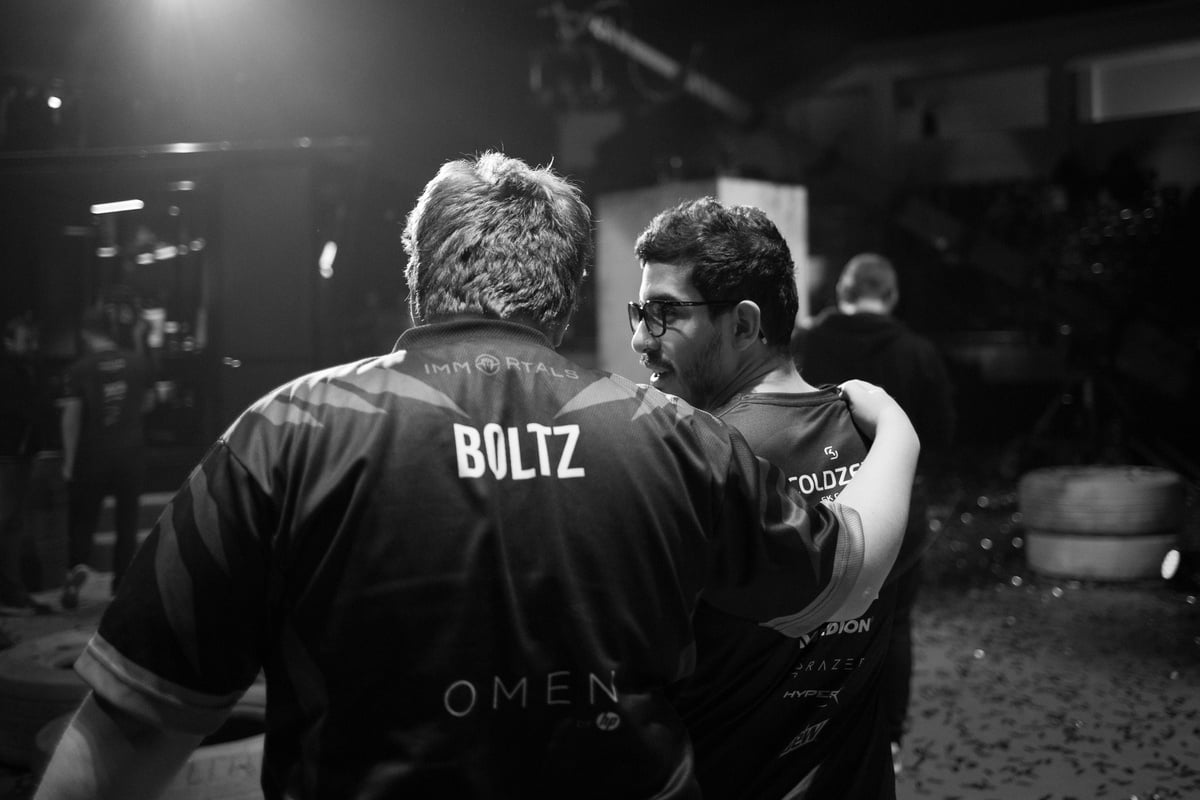
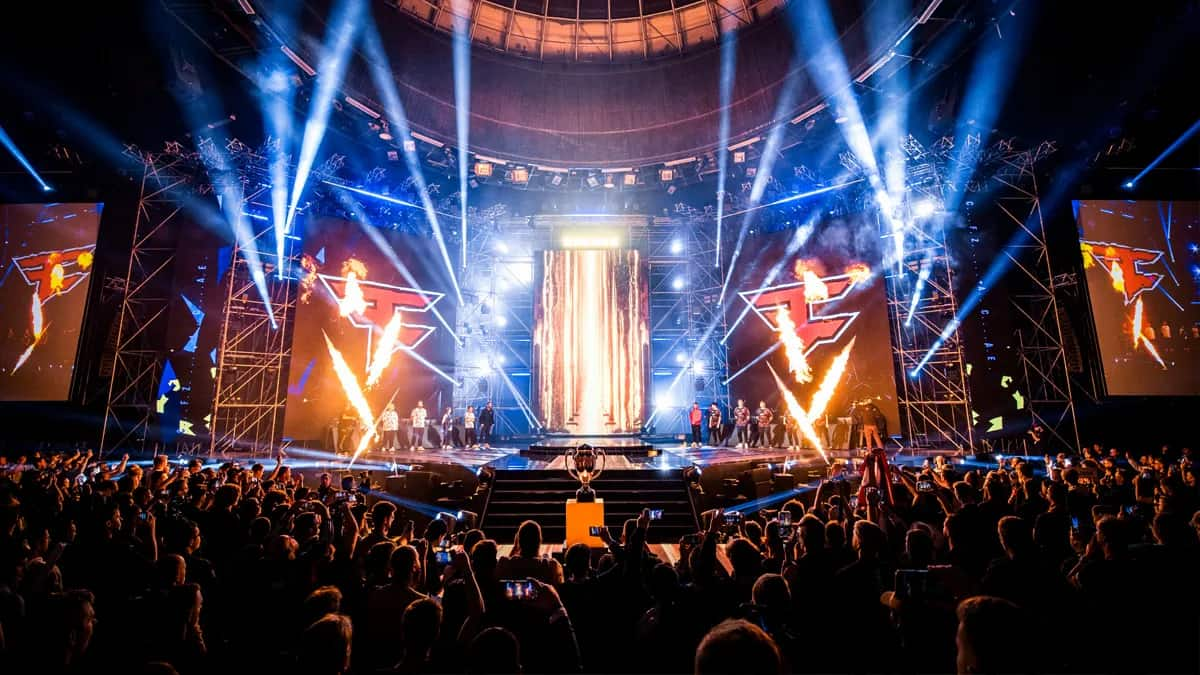
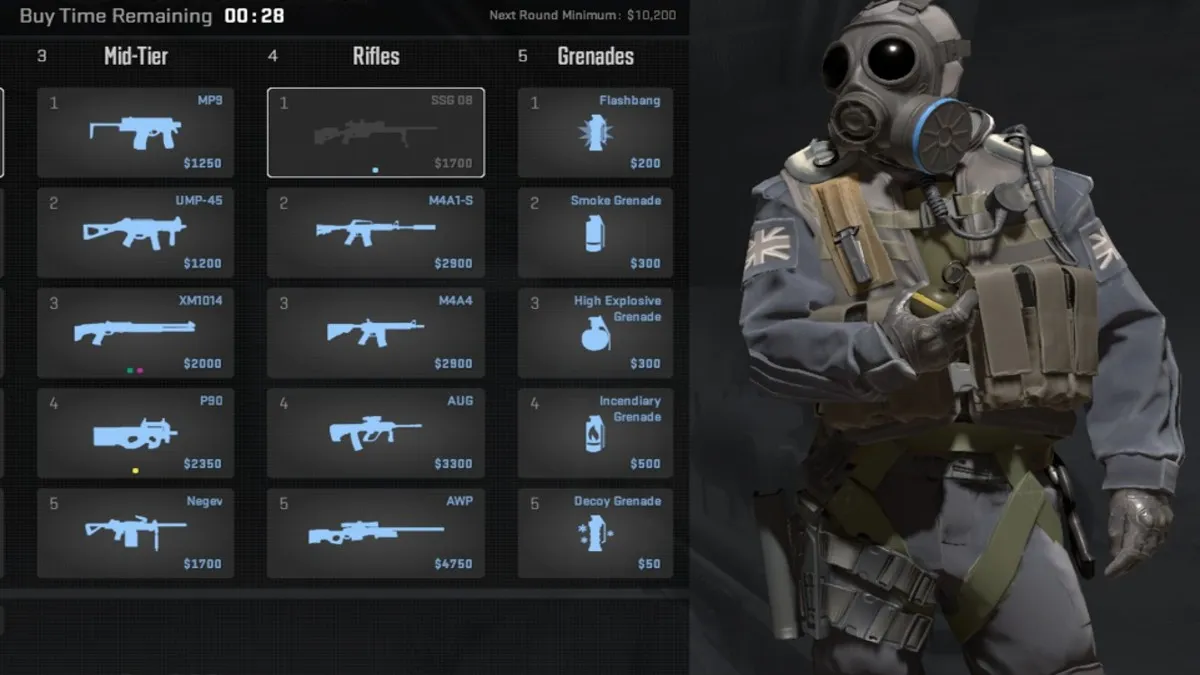
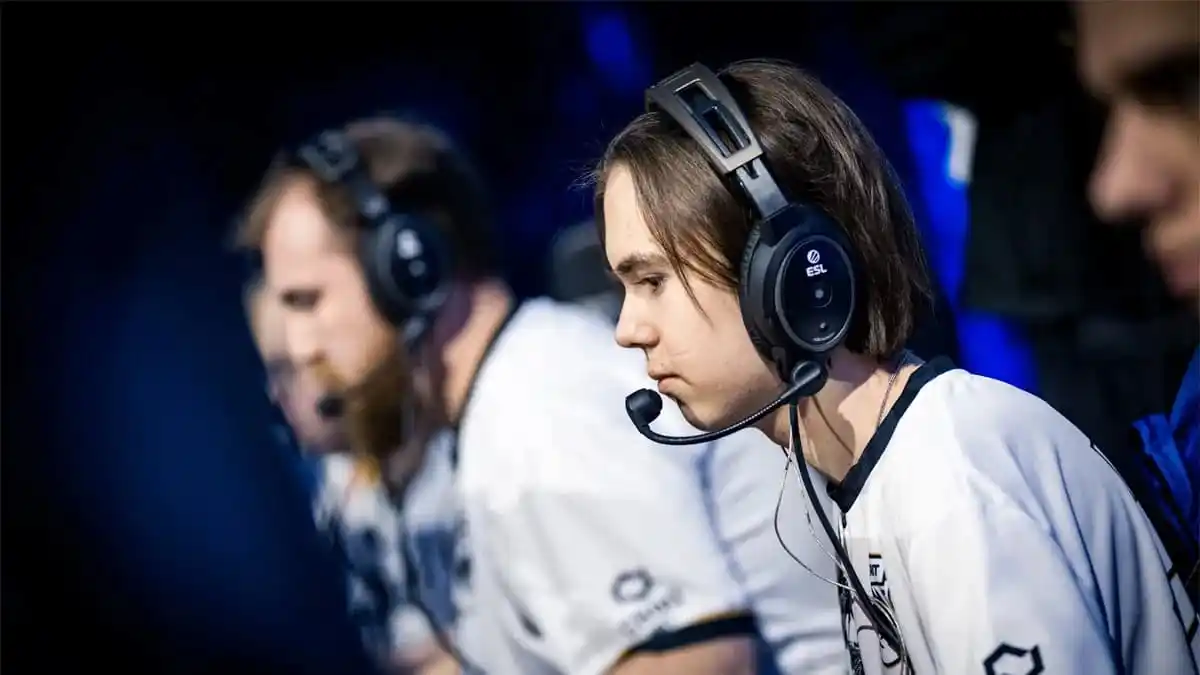
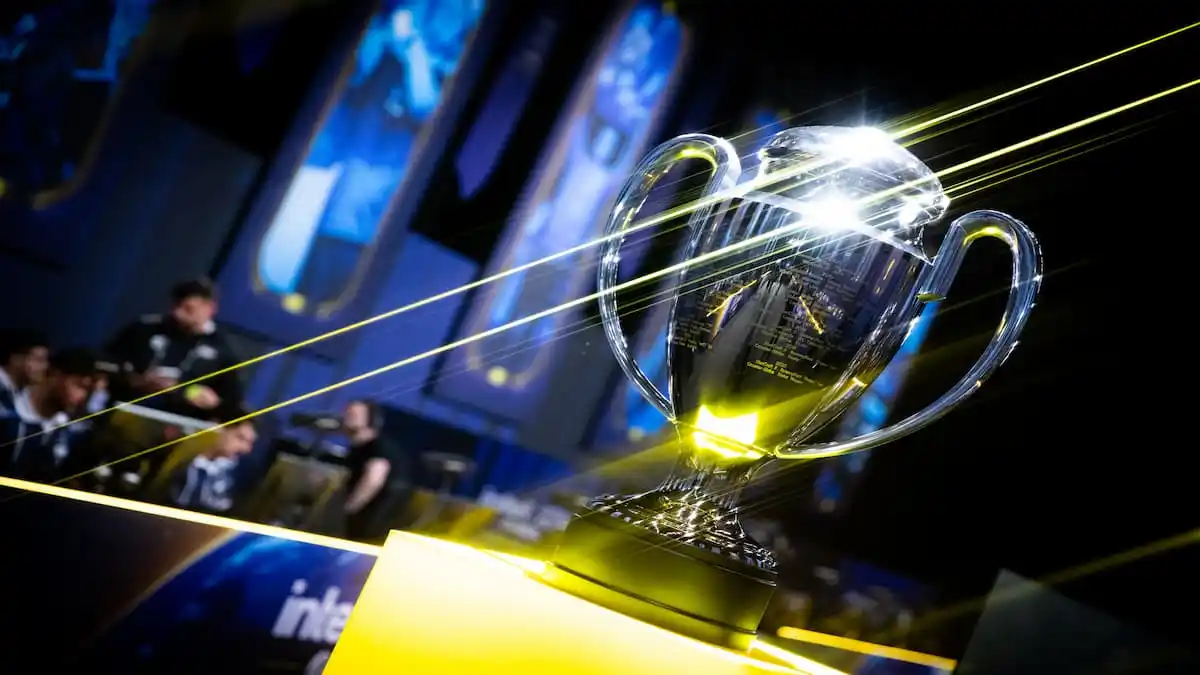
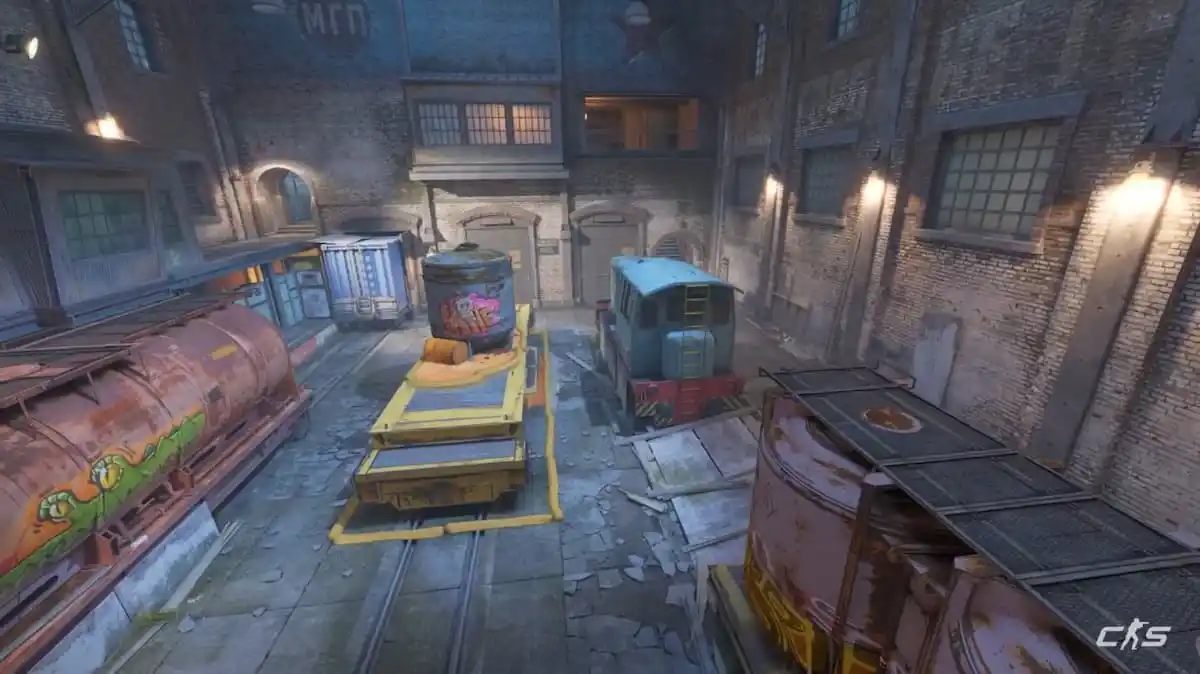
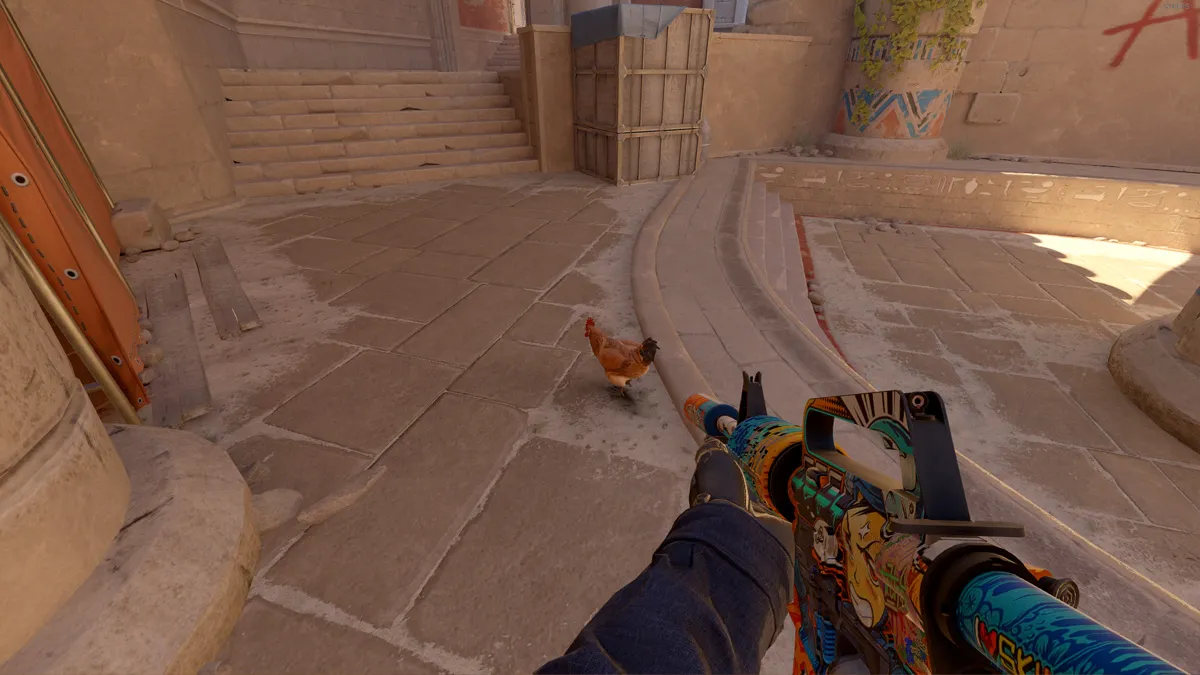
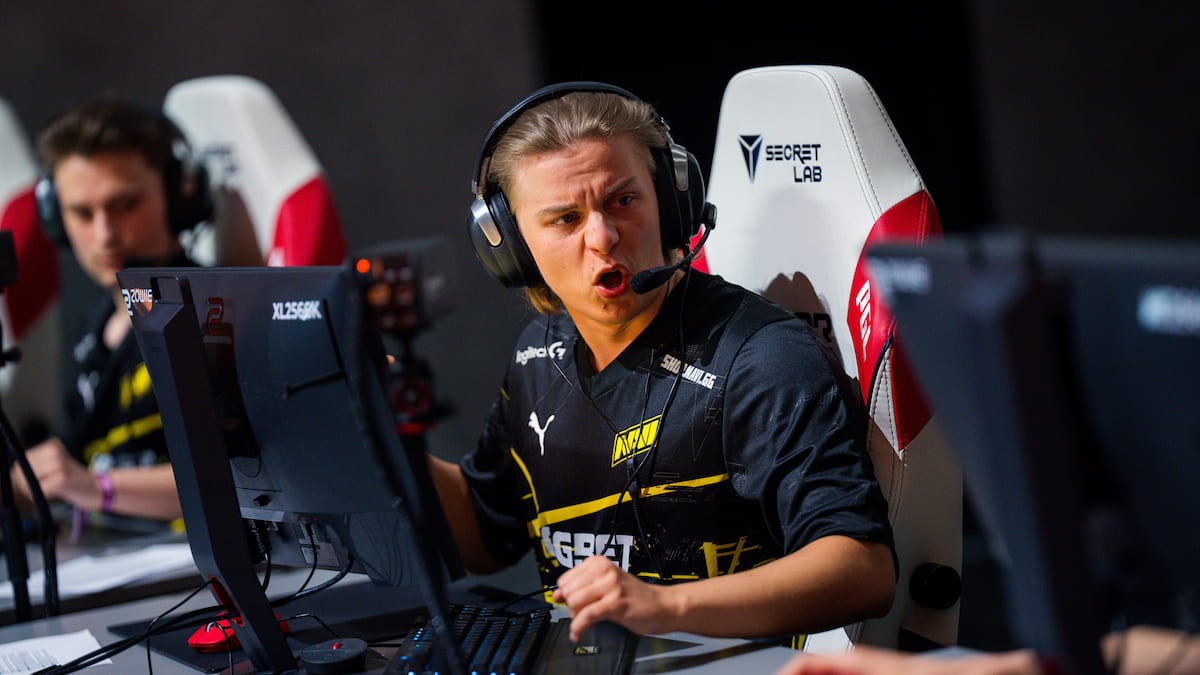
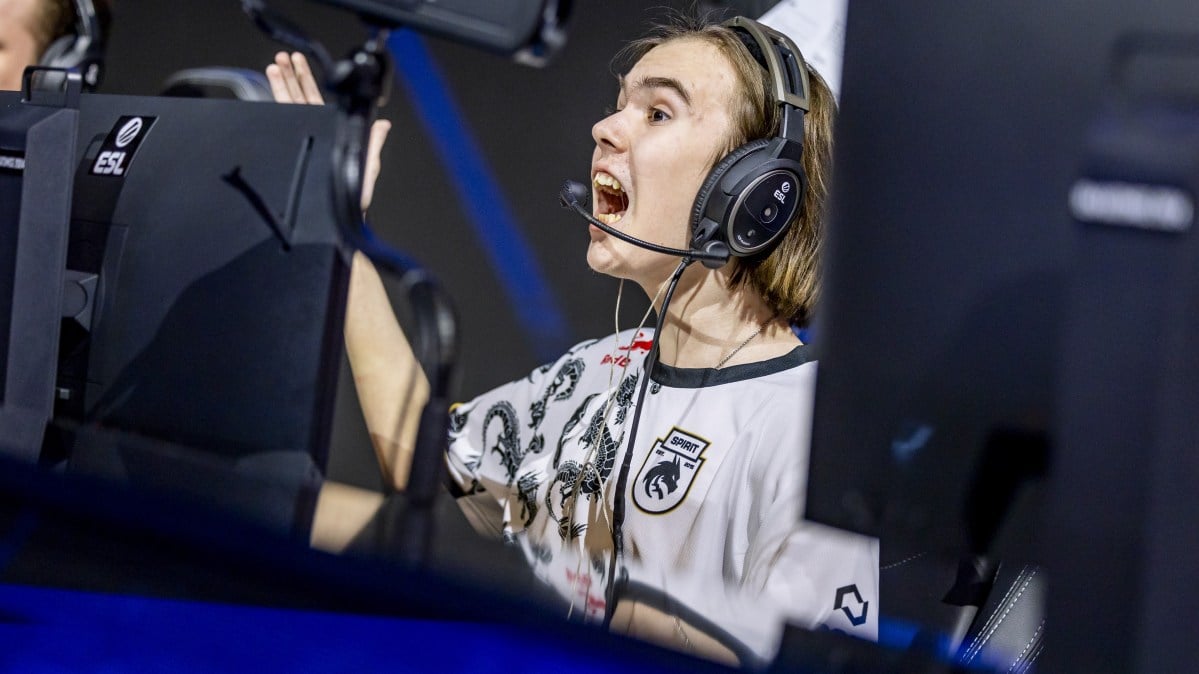
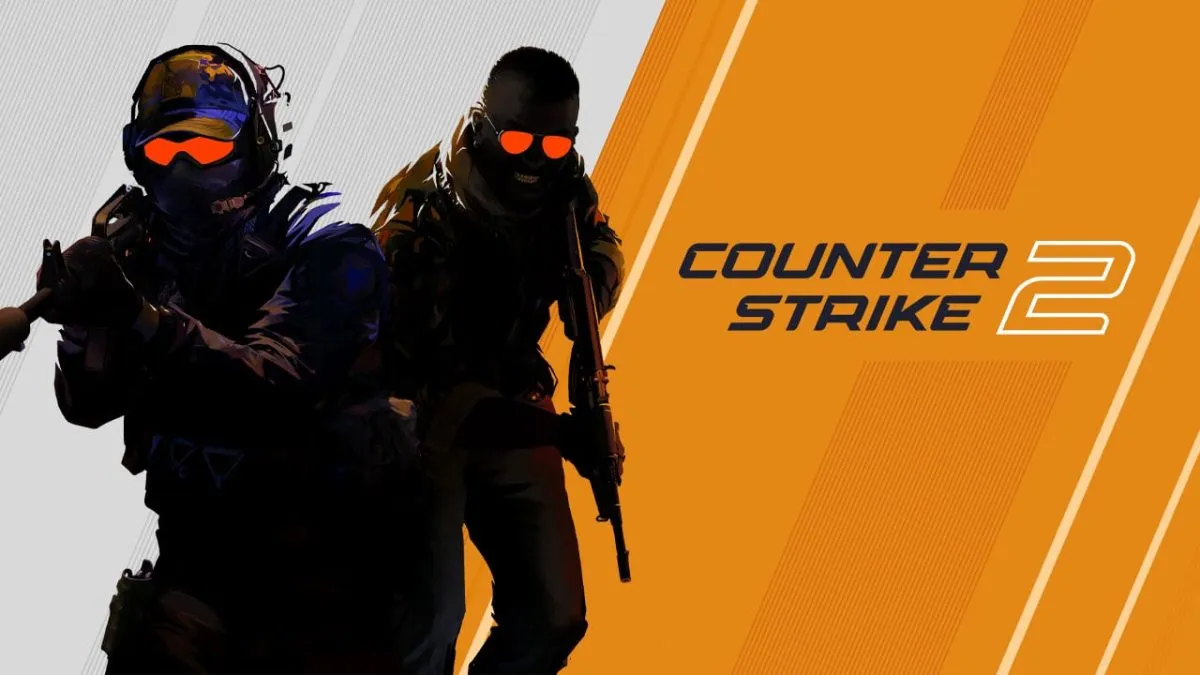
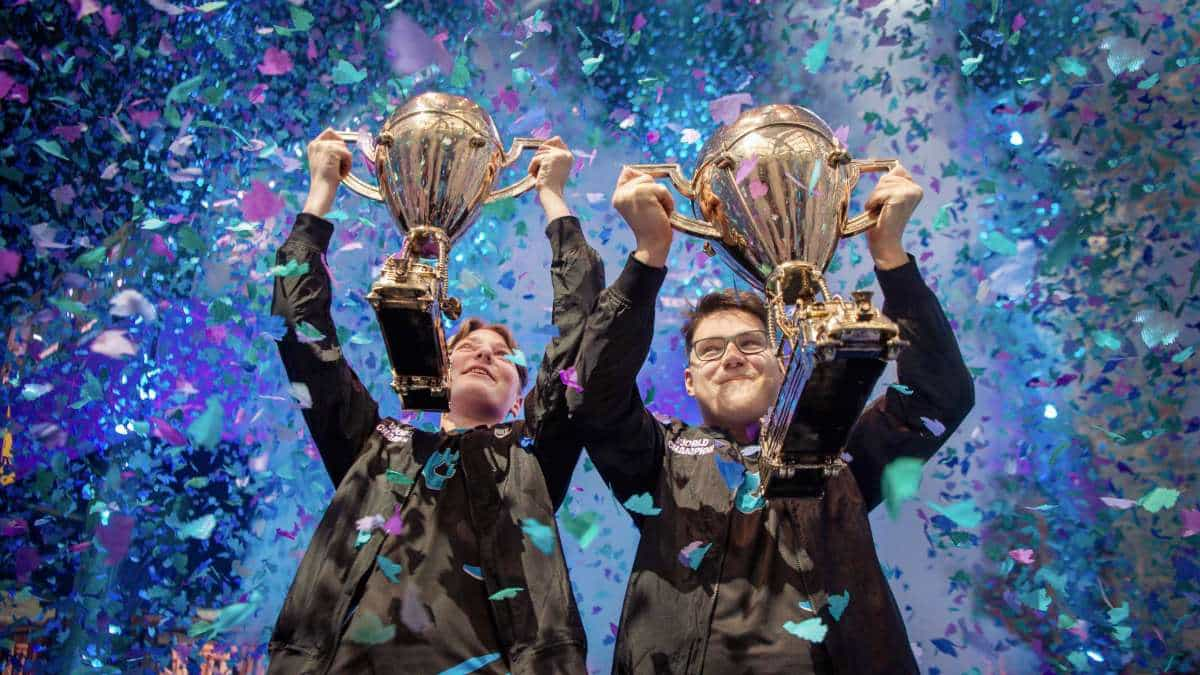
Published: Jun 26, 2018 8:46 PM UTC